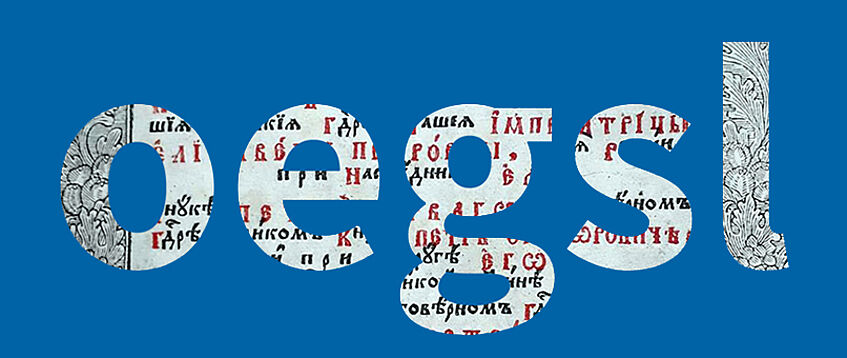East European History and Slavonic Studies Library


Link to the specialised library
Since the founding of the "Seminar for East European History" (= Department of East European History) in 1907, when the valuable library of the Russian historian Vasilij Alekseevič Bil' basov (1838–1904) formed the basic collection, it has been a particular concern to specifically collect and offer historical-scientific literature on the history of Eastern Europe in the corresponding national languages as well.
The basis of today's library is made up of three private libraries: in November 1906, the aforementioned book collection of Bil'basov was purchased for the sum of 40,000 crowns. Franz de Paula Prince of Liechtenstein (1853–1938) donated the money for the purchase of the library, which comprised some 10,000 volumes, out of his own pocket and made it available to the Ministry of Culture and Education as the purchaser. The second collection, acquired in early 1910, came from the library of the Polish noble family Jodko. Among the approximately 5,000 volumes were numerous prints from the 16th, 17th and 18th centuries. In 1919, the acquisition of the private library of the former director of the Seminar for East European History, Konstantin Jireček (1854-1918), made it possible to purchase a collection of important publications on Southeast European history and older Czech works. A large number of books were donated by several private patrons before the First World War, primarily by the founder of the seminar, Franz Liechtenstein, as well as by public institutions in the Czech Republic and abroad. After the Second World War, the library developed into a unique research centre.
The University Organisation Act of 1975 organisationally separated both the Bil'basov founding library and the department's other library holdings from the department and placed them under the University Library as a specialist library. When the department and its library collection moved from Liebiggasse to the university campus in 1998, the spatial separation was also completed. In 2004, the specialist library of Eastern European History was combined with the specialist library of Contemporary History to form the organisational unit of the Contemporary History and Eastern European History Library. Finally, in 2013, the specialist libraries for Eastern European History and Slavic Studies were merged. Both the war-related events of the 20th century and the organisational, legal and personnel-related mergers make it difficult today to reconstruct the holdings of the three private libraries and prevent the Bil'basov founding library, for example, from being considered a lieu de mémoire or mnemotope of East European History at the University of Vienna.
